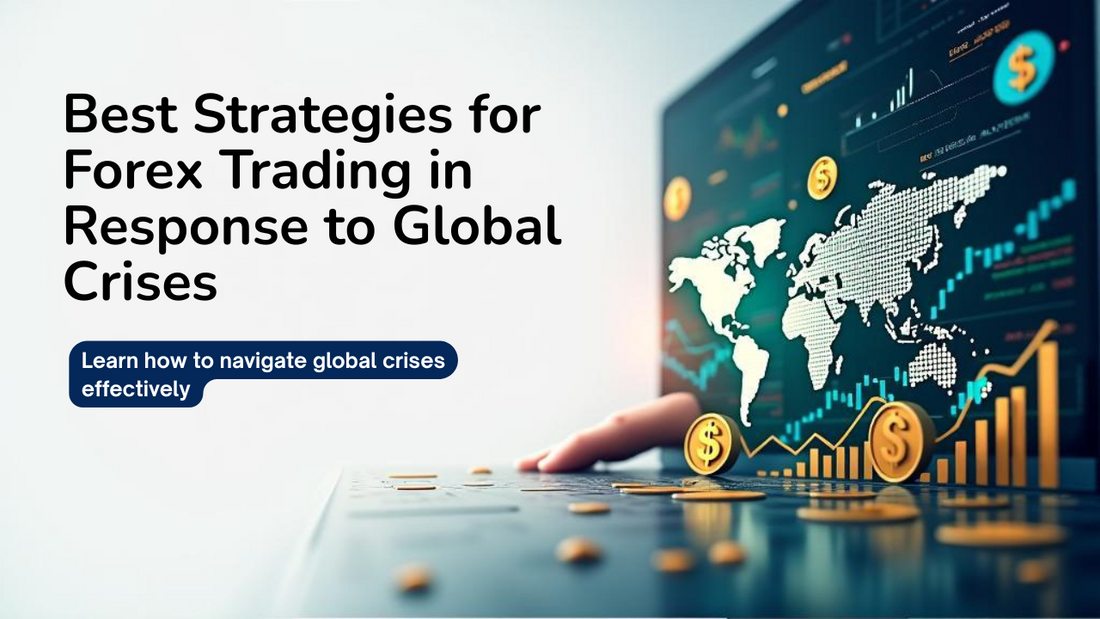
Best Strategies for Forex Trading in Response to Global Crises
Share
When global crises hit, the financial markets can become highly volatile, making Forex trading even more challenging. As a seasoned trader, it's crucial to adapt your strategies to navigate these uncertain times successfully. Here are some of the best strategies to consider:
1. Diversification is Key
During times of crisis, certain currency pairs may experience extreme fluctuations. To mitigate risk, diversify your portfolio by trading a mix of major and minor currency pairs. This can help spread risk and protect your investments from significant losses.
2. Stay Informed and Analyze Trends
Global crises can have a profound impact on the Forex market. Stay informed about current events, economic indicators, and geopolitical developments that could influence currency values. Use technical and fundamental analysis to identify trends and make informed trading decisions.
3. Implement Risk Management Strategies
During volatile market conditions, it's essential to implement strict risk management strategies. Set stop-loss orders to limit potential losses and use leverage wisely to avoid overexposure. Consider using risk-reward ratios to ensure that potential profits outweigh potential losses.
4. Utilize Safe-Haven Assets
During times of uncertainty, investors often flock to safe-haven assets like the US dollar, Swiss franc, or gold. Consider incorporating these assets into your trading strategy to hedge against market volatility and protect your investments during global crises.
5. Monitor Market Sentiment
Market sentiment can play a significant role in Forex trading during global crises. Pay attention to investor sentiment, market psychology, and economic indicators to gauge market direction. Use sentiment analysis tools to identify potential trading opportunities based on market sentiment.
By implementing these strategies and staying disciplined in your approach, you can navigate the challenges of Forex trading during global crises effectively. Remember to stay informed, adapt to changing market conditions, and always prioritize risk management to safeguard your investments.



